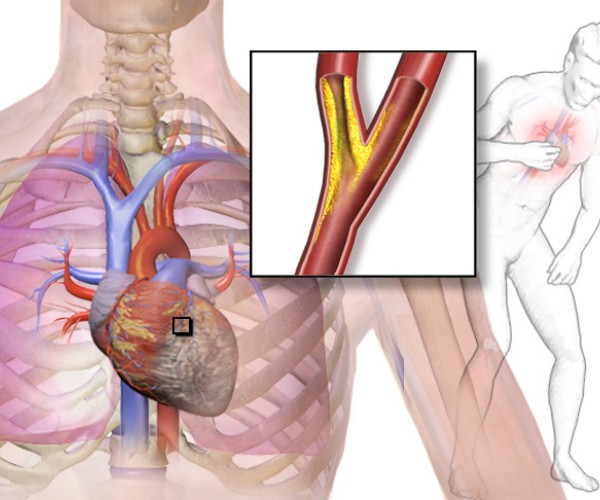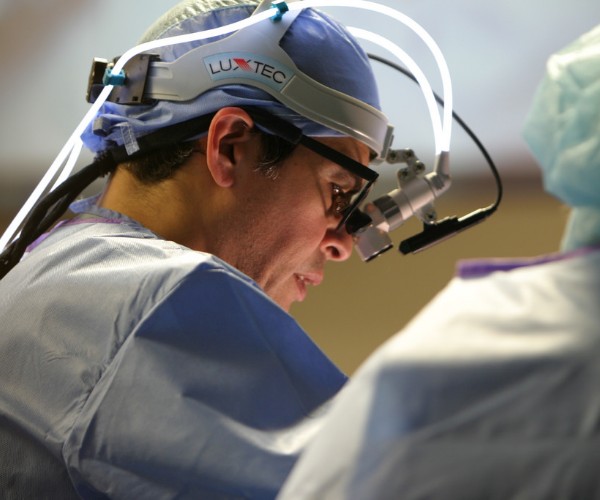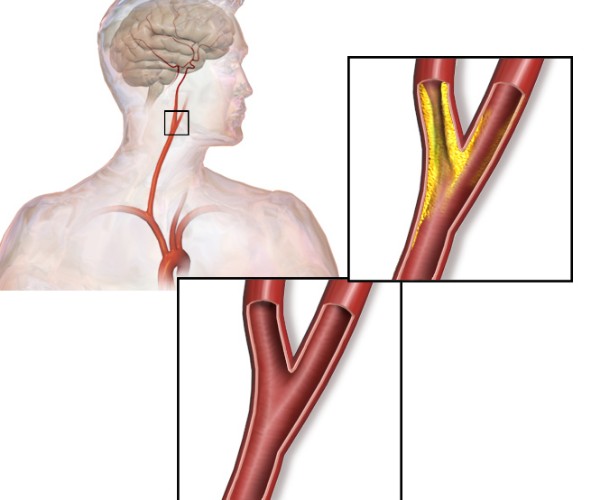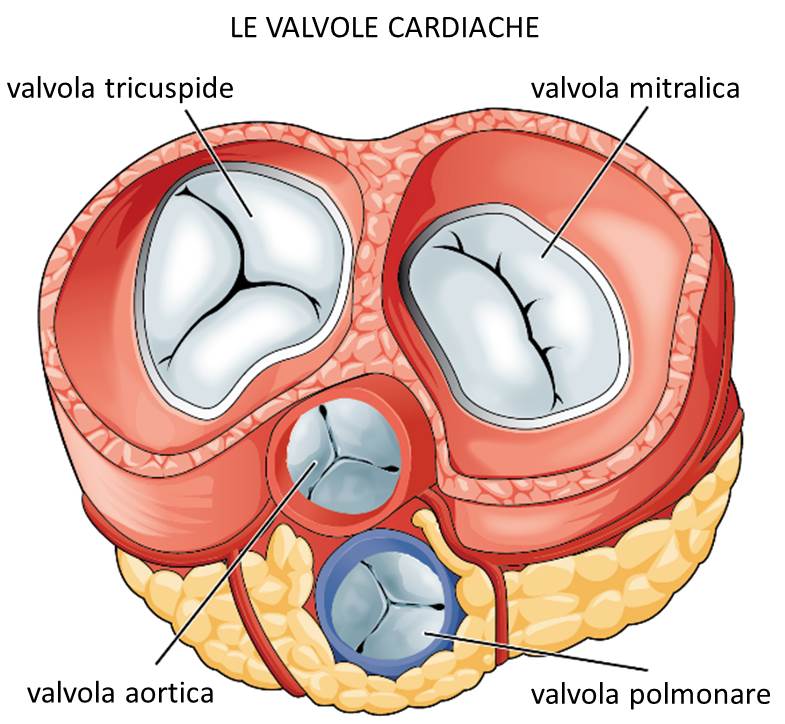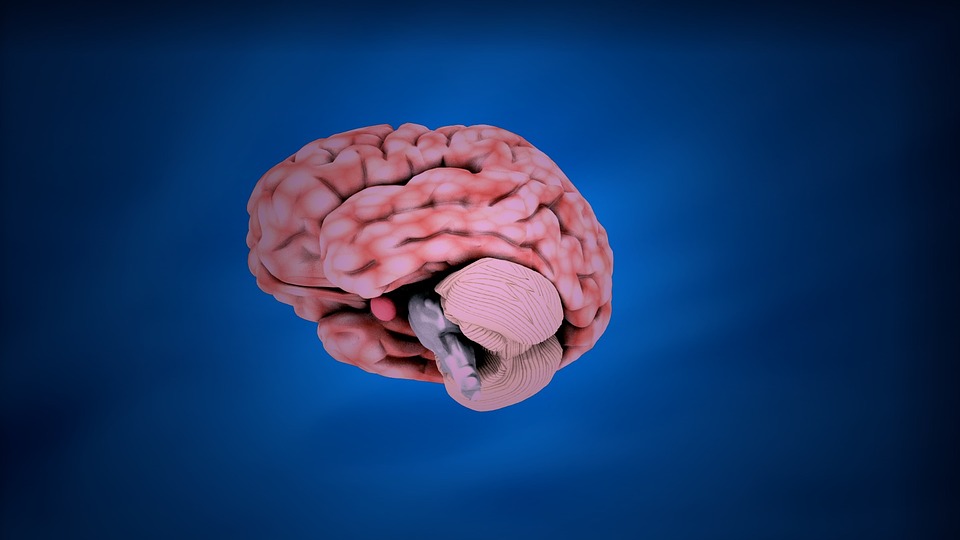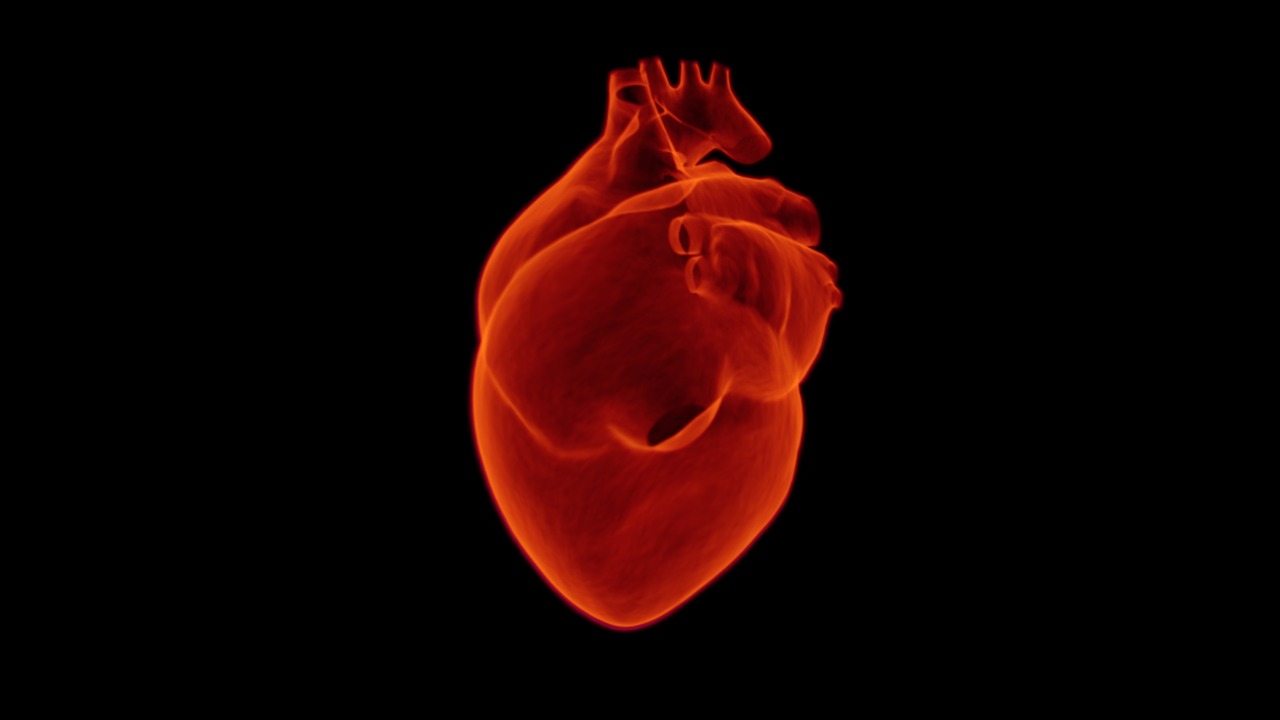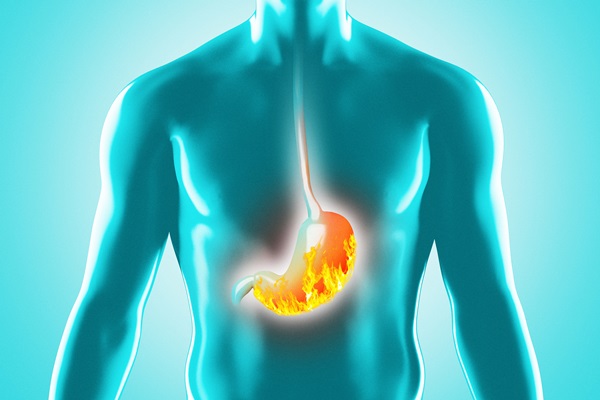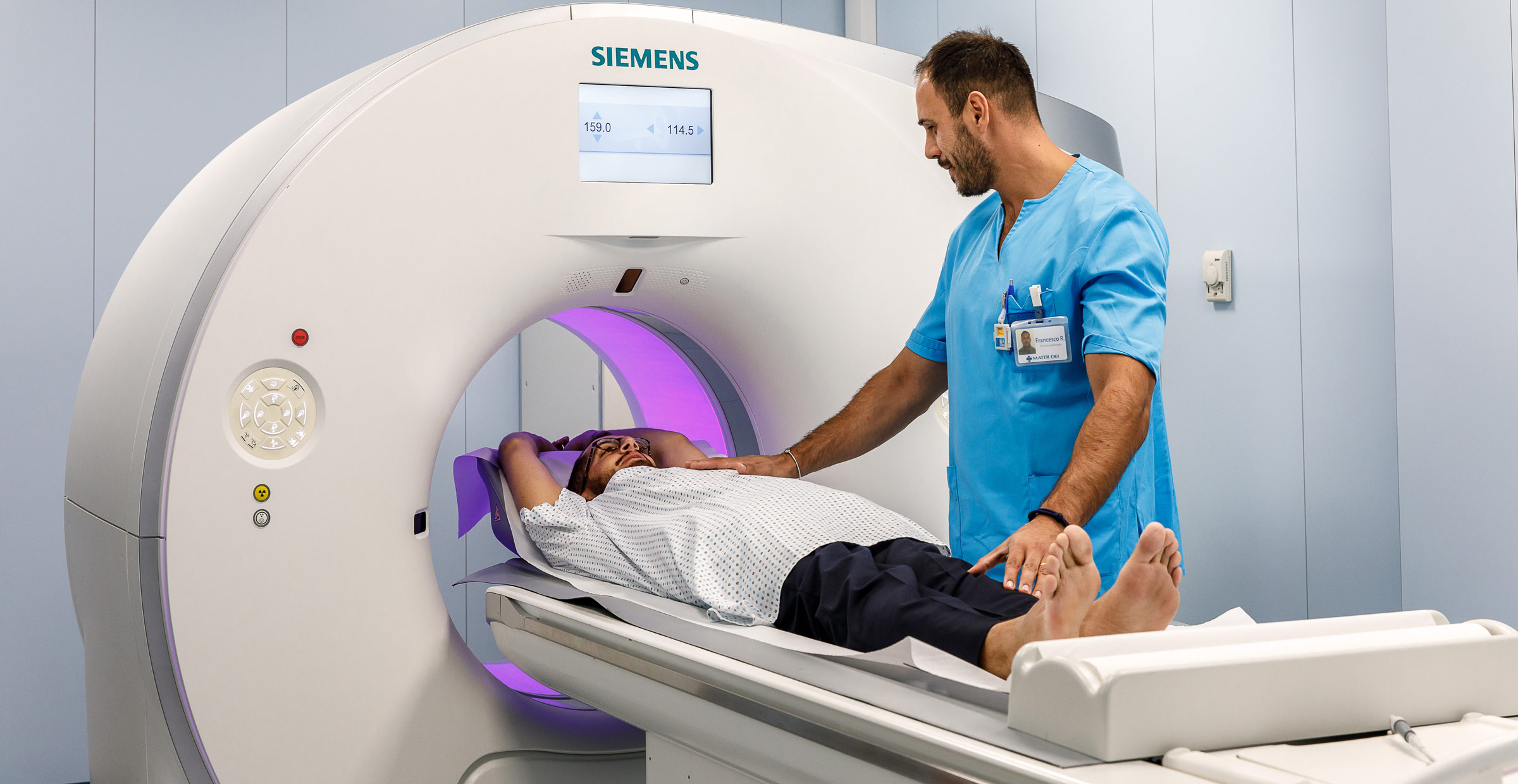As much as the concept of work is rightly established with its undoubted ideological and practical strengths and values, a common way of thinking and feeling that distances itself from the kind of work that alters the balance of people’s health, personality, family and social life, endorsed by medical science and research, which discover new ailments, symptoms and diseases caused by new or existing work, but judged to be risky, has also made its way into society today.
Risk factors for heart disease are known to come from habits such as excessive use of alcohol, like smoke, From a high-protein, high-fat diet, and also by genetic factors, while less consideration is often given to factors of occupational origin, where progressive conditions that lead people to cardiac pathology frequently take shape, as numerous comparative studies between different types of work have shown, with significant differences in terms of pretest values, heart rate, manifested symptoms and clinical investigations performed.
There is now scientific evidence of the correlation between burnout, Job stress syndrome and heart disease, including hypertension, arrhythmias, strial fibrillation, heart attack, stroke or alterations such as heart valve disease (aorta and mitral), which can arise in unsuitable work environments (deafening noise, temperatures, excessive, particularly stressful work procedures, with excessively long shifts).
Heart diseases such as mitral valve disease in Italy affect percentages between 7 and 8 percent of the population, especially around the age of 60, but with an insufficient level of prevention and knowledge of the disease.
For many people, a valvular insufficiency is underestimated and perceived as not dangerous, even though health care institutions warn about the importance of prevention both at the level of lifestyle and at the level of occupations that are risky for the cardiovascular system.
In the opinion of cardiologists, some trades and professions, such as that of cooks, bakers, metalworkers, truck drivers, managers with serious responsibilities, percentage salespeople, directors of trading companies, medical specialists in branches such as surgery and oncology, plant or personal safety workers, activities in which levels of anxiety, worry and stress are particularly high and which, when extended over time, represent high risk factors, especially when associated with other workers’ past conditions or lifestyles that are also risky such as sedentary lifestyle, uncontrolled diet or various addictions.
So, prevention of heart disease in general and mitral valve disease comes not only through the behavioral rules recommended by physicians and cardiologists, but also through a series of choices aimed at avoiding unsustainable health-protecting jobs.


















